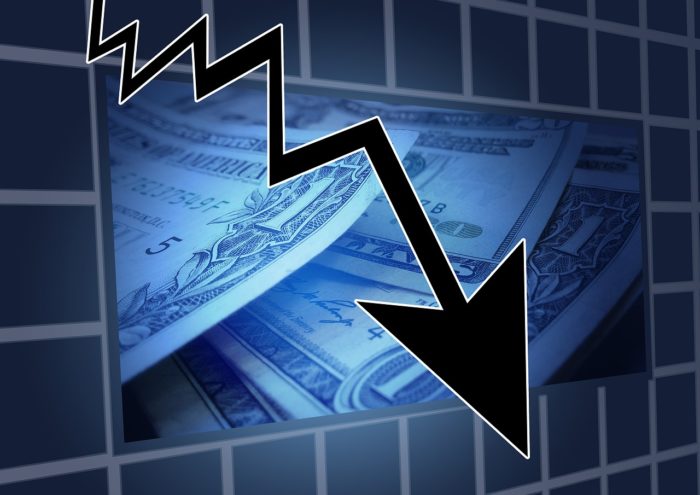
Gross Domestic Product (GDP) is the economists go-to measure of a country’s value of economic activity. Considering the economic impacts of bushfires and COVID-19 there’s been plenty of discussion about GDP and it now appears fait accompli Australia is in recession for the first time since the early 1990’s.
Australia’s GDP increased by 2% in 2018-19. However, GDP varies wildly across the country between individual states, capital cities and regions. For the same financial year for example, Melbourne recorded a GDP of 4%, Adelaide 3.2%, Regional SA -2.9%. Wild variances can be attributed to seasonal conditions (droughts, floods), natural disasters (cyclones, bushfires), government policy and investment (eg; investment decisions, population growth), commodity values (eg; wheat, coal), booms (eg; construction or mining booms), and declining competitiveness of certain industries just to name a few.
For the Adelaide Hills, Fleurieu Peninsula and Kangaroo Island region, there has been a steady overall growth in Gross Regional Product (GRP) for some time. For example, in 2001 $3.563 billion, 2009 $4.823 billion and 2019 $5.408 billion. However, there have also been years of decline (eg; 2012 -0.04%, 2013 -1.87% and 2016 -0.69%) and bumper years (eg; 2002 6.2% and 2008 8.31%) and differences between council areas as well.
Whilst COVID-19 might have a reasonably equal economic impact across our region, the Adelaide Hills and Kangaroo Island will also be impacted by the cumulative effect of the summers bushfires. Whilst the region as a whole is forecast to experience a drop of 8.8% in GRP in the June quarter (compared against the 2018-19 four quarter average), Kangaroo Island is forecast to drop by a staggering 17% in 2019-20.
Comparisons with previous recessions and world economic shocks might not be fully possible until the economic impact of bushfires and COVID-19 have run their course but what is known is that economic recovery following previous major recessions has been strong, with GDP growth of around 6% in the following three years. The challenge for everyone is the uncertainty and the impact that has on decision-making, particularly around policy and investment decisions.
RDA Adelaide Hills, Fleurieu and Kangaroo Island have been working with local councils to identify and prioritise public and private projects that provide state and federal governments with options for funding as part of their bushfire and COVID-19 recovery programs. We will continue to advocate for those projects and also pivot our own approach to better support our communities through the recovery phase.
